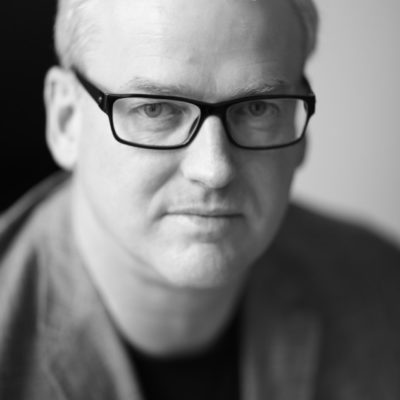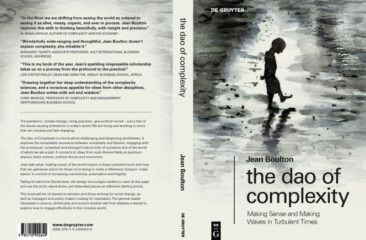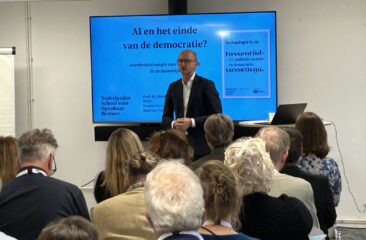In een snel veranderende omgeving moeten organisaties zich blijven aanpassen. Wat betekent dat voor organisaties? Wat betekent dat voor de medewerkers, de infrastructuur en leiderschap? In het O’Reilly Radar-rapport Future of the Firm bespreken Josh Bersin, Tim O’Reilly en anderen wat bestuurders van organisaties kunnen verwachten, hoe ze zich kunnen voorbereiden en wat ze moeten leren om de toekomst van de organisatie vorm te geven.
Het 33-pagina tellende rapport is een soort pamflet met daarin 10 aandachtsgebieden voor de toekomst van organisaties. In het kort (onvertaald):

- Trust, responsibility, credibility, honesty, and transparency
Customers and employees now look for, and hold accountable, firms whose values reflect their own personal beliefs. We’re also seeing a “trust shakeout,” where brands that were formerly trusted lose trust, and new companies build their positions based on ethical behavior. And companies are facing entirely new “trust risks” in social media, hacking, and the design of artificial intelligence (AI) and machine learning (ML) algorithms. - The search for meaning
Employees don’t just want money and security; they want satisfaction and meaning. They want to do something worthwhile with their lives. - New leadership models and generational change
Firms of the 20th century were based on hierarchical command and control models. Those models no longer work. In successful firms, leaders rely on their influence and trustworthiness, not their position. - Big systemic thinking
The firm of the future must be able to adapt to changing environments, changing interactions with its customers, and changing communications patterns within the organization. Every firm must understand their business is a complex system, and that it’s impossible to change one aspect of the organization without affecting everything else. - New kinds of partnerships between people and machines
AI and ML are changing almost every job. This shift raises many questions: Who manages the machines, and how? What skills do those new managers need, and how are they acquired? What kinds of compensation are appropriate? - From hierarchies to networks
Firms of the future are trending toward networked marketplaces where organizations build on their core competencies and outsource the rest to a network of contractors and free agents. Increasingly, these networks are managed by centralized algorithmic systems. - Free agency, personal brands, and the evolving employer/employee relationship
Employees are free agents, which means hiring and retaining talent is difficult. Firms need to help employees meet their career goals, satisfy employees’ ethical concerns, and more. - Compensation beyond pay
The nature of compensation is changing, with firms offering alternate work relationships, more flexible workplaces, training opportunities, additional perks and benefits, and more of a sense of “taking care” of workers. - Diversity, inclusion, and fairness at work
It’s well known (but not well practiced) that diverse teams produce better results. But achieving diversity is more than a matter of filling the pipeline with new hires. Diversity requires solving compensation problems, creating a safe workplace, inclusion, and ensuring everyone knows their opinions will be respected. - Board governance and diversity
Board independence and increased diversity can help improve board governance. Diverse boards provide broader perspectives and ask better questions, helping improve outcomes and adapting to rapidly changing business environments.
Bron: Future of the Firm




4 reacties
Goed stuk Marco. Dank.
Mooie quote uit artikel van Robert Derksen en Renate Schroevers over toekomstbestendig organiseren:
Iemand toevallig bekend met deze Masterclass Toekomst van Organisaties en Organiseren of Masterclass Toekomst van Werk van de UvA?
Interessant en wil nu gehele pamflet.lezen. Qua ‘Big systemic thinking’ (punt 4) zie ik de uitdaging van groter denken juist buiten de organisatie, omdat door outsourcing bedrijven kleiner worden. Maar daarmee niet automatisch overzichtelijker omdat delen van de tunnel zich (letterljjk) aan de andere kant van de wereld kunnen afspelen.